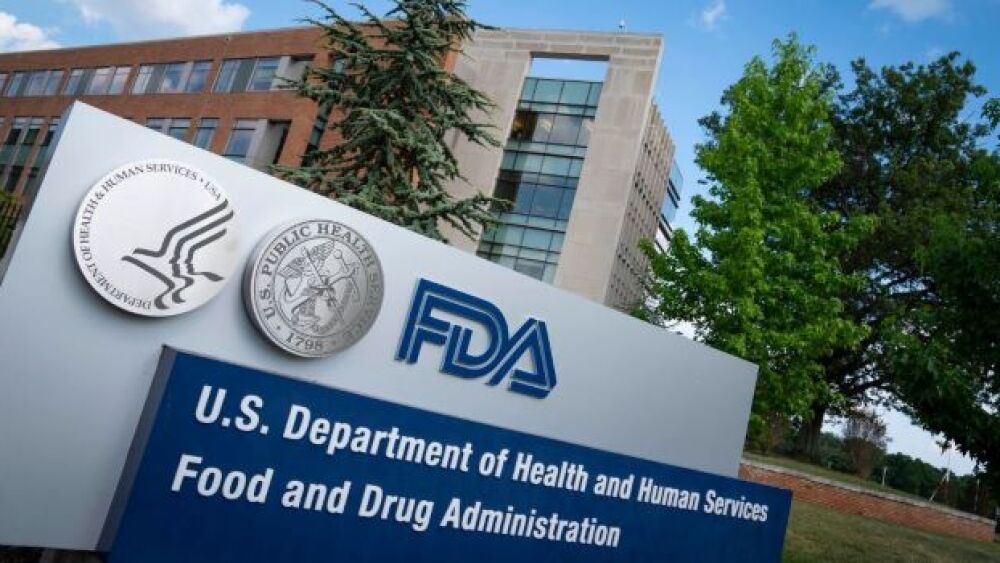Three years after the FDA rejected its initial biologic license application, Mesoblast announced its resubmission for Ryoncil. Now, the treatment is getting a second chance.
Pictured: FDA sign in front of building/Sarah Silbiger/Getty Images
Three years after the FDA rejected its initial biologic license application, Mesoblast announced its resubmission for Ryoncil (remestemcel-L)—a treatment for children with steroid-refractory acute graft versus host disease (SR-aGVHD).
Now, the treatment is getting a second chance.
The FDA has set a Prescription Drug User Fee Act goal date of Aug. 2, 2023. This could be the first allogeneic “off-the-shelf” cellular medicine and therapy in the U.S. for children under 12 years old with SR-aGVHD, a disease with a high mortality rate.
The FDA’s decision in October 2020 to issue a rejection came after the regulator’s Oncologic Drugs Advisory Committee voted 9 to 1 in support of the drug.
Of patients who undergo an allogeneic bone marrow transplant, 50% contract acute GVHD. Roughly 300,000 patients have an allogeneic BMT annually and 20% are pediatric patients.
SR-aGVHD has a mortality rate of 90%.
The FDA rejected Mesoblast’s original application because it required at least one more randomized control trial in adults and children to gather more evidence of the drug’s efficacy against SR-aGVHD.
Mesoblast’s resubmission adds to its initial attempt that contained consistently positive clinical outcomes for 309 children treated with Ryoncil.
Its new data includes a study with validated MAP biomarker scores that compare outcomes in 25 children from the Phase III trial and 27 control children treated with various biologics from a database.
The results showed that 67% of high-risk children responded positively to treatment within 28 days and were alive after 180 days, compared to only 10% in both categories from a Mount Sinai database.
The new data submissions prompted the FDA to grant Ryoncil Fast Track and Priority Review designations.
Ryoncil consists of culture-expanded mesenchymal stromal cells originating from the bone marrow of an unrelated donor. It could have immunomodulatory properties that negate the inflammatory processes affected by SR-aGVHD.
The therapy is designed to down-regulate pro-inflammatory cytokines, increase anti-inflammatory cytokines and attract naturally occurring anti-inflammatory cells.





